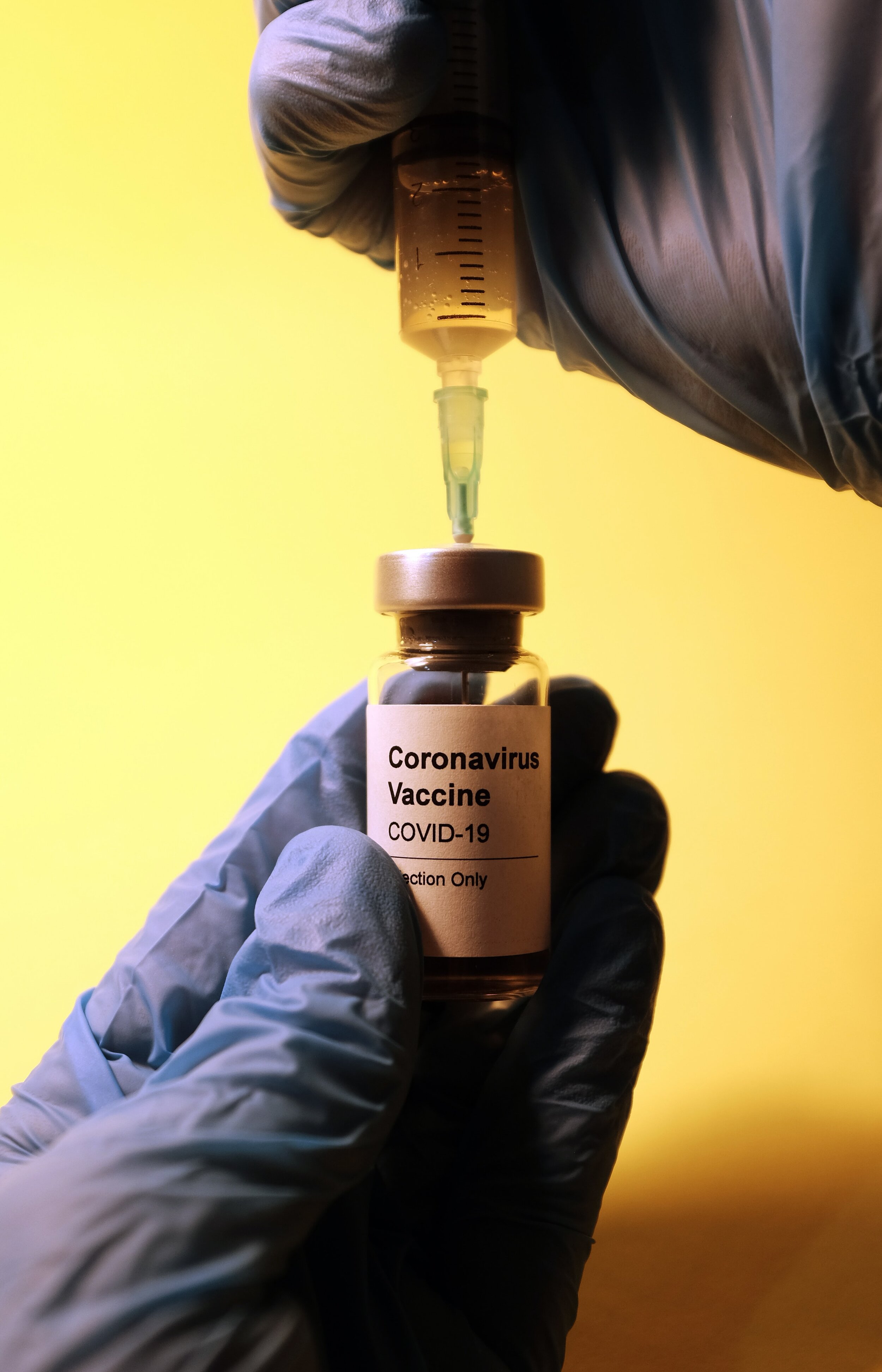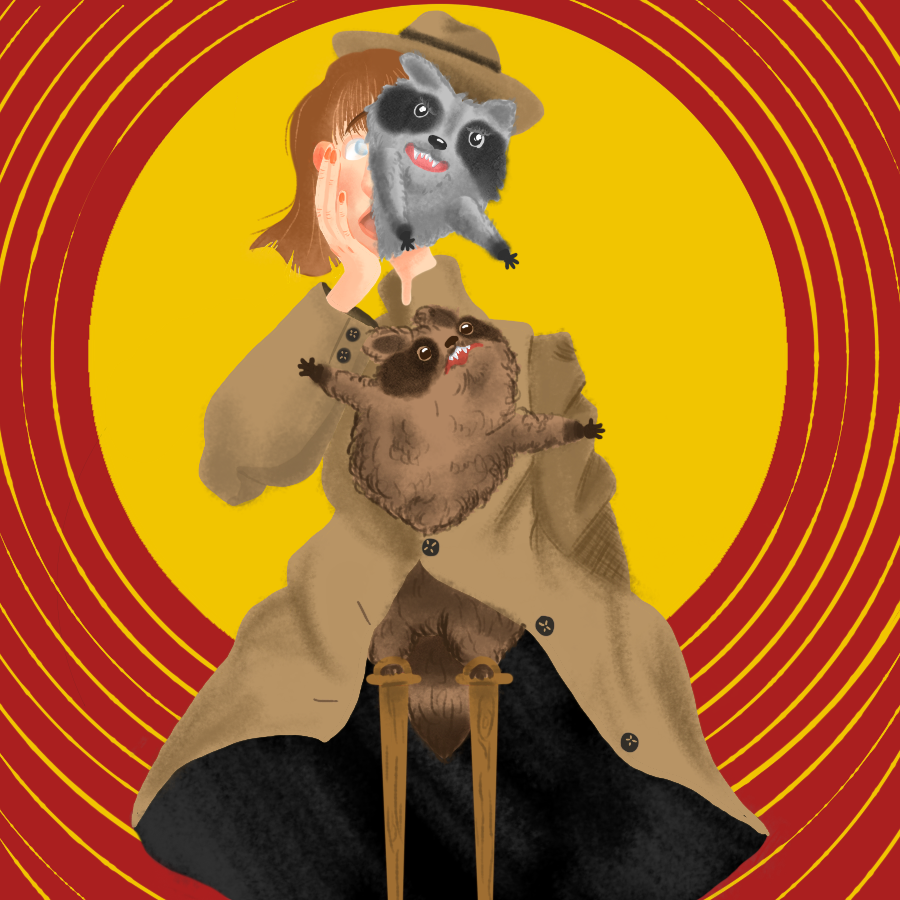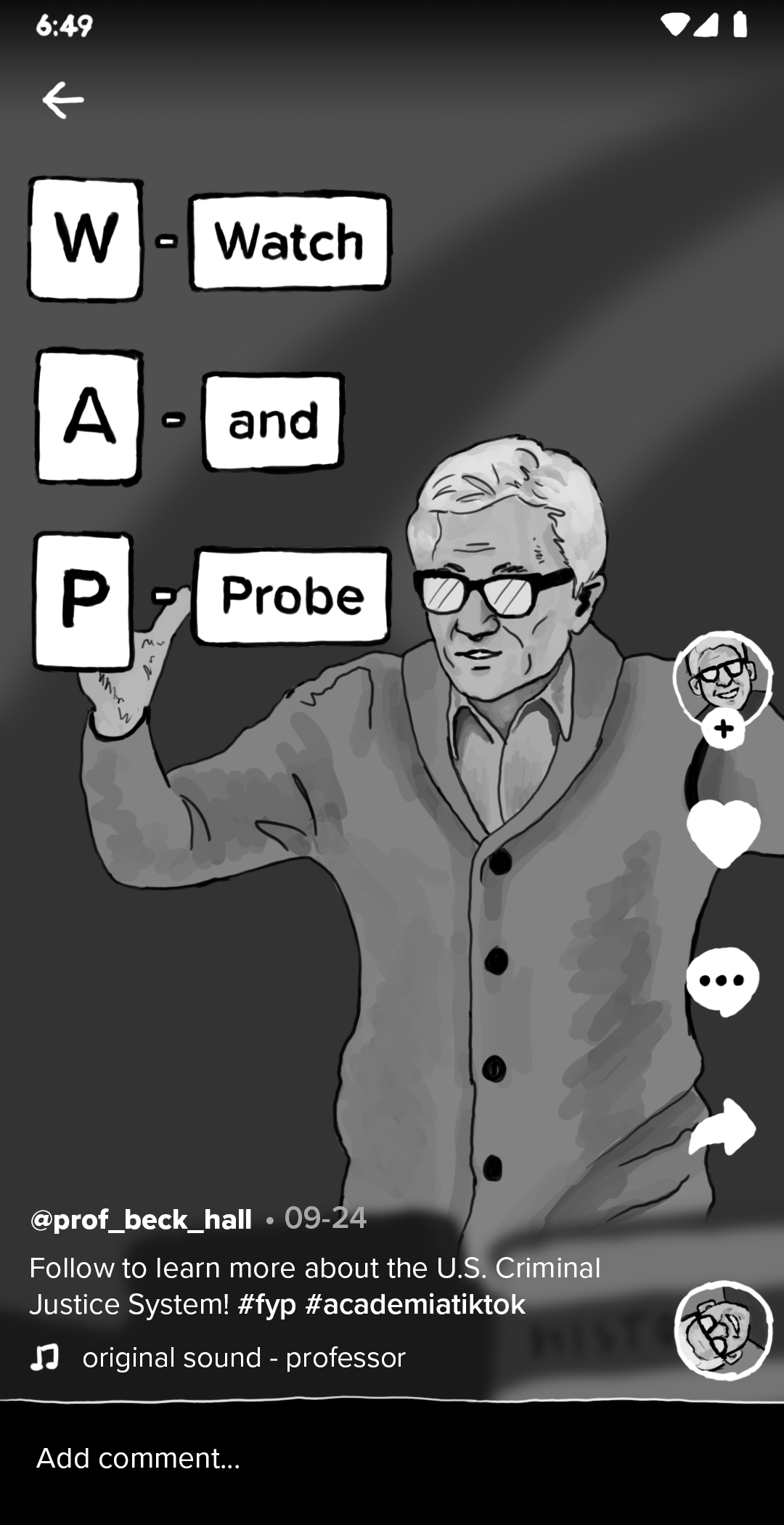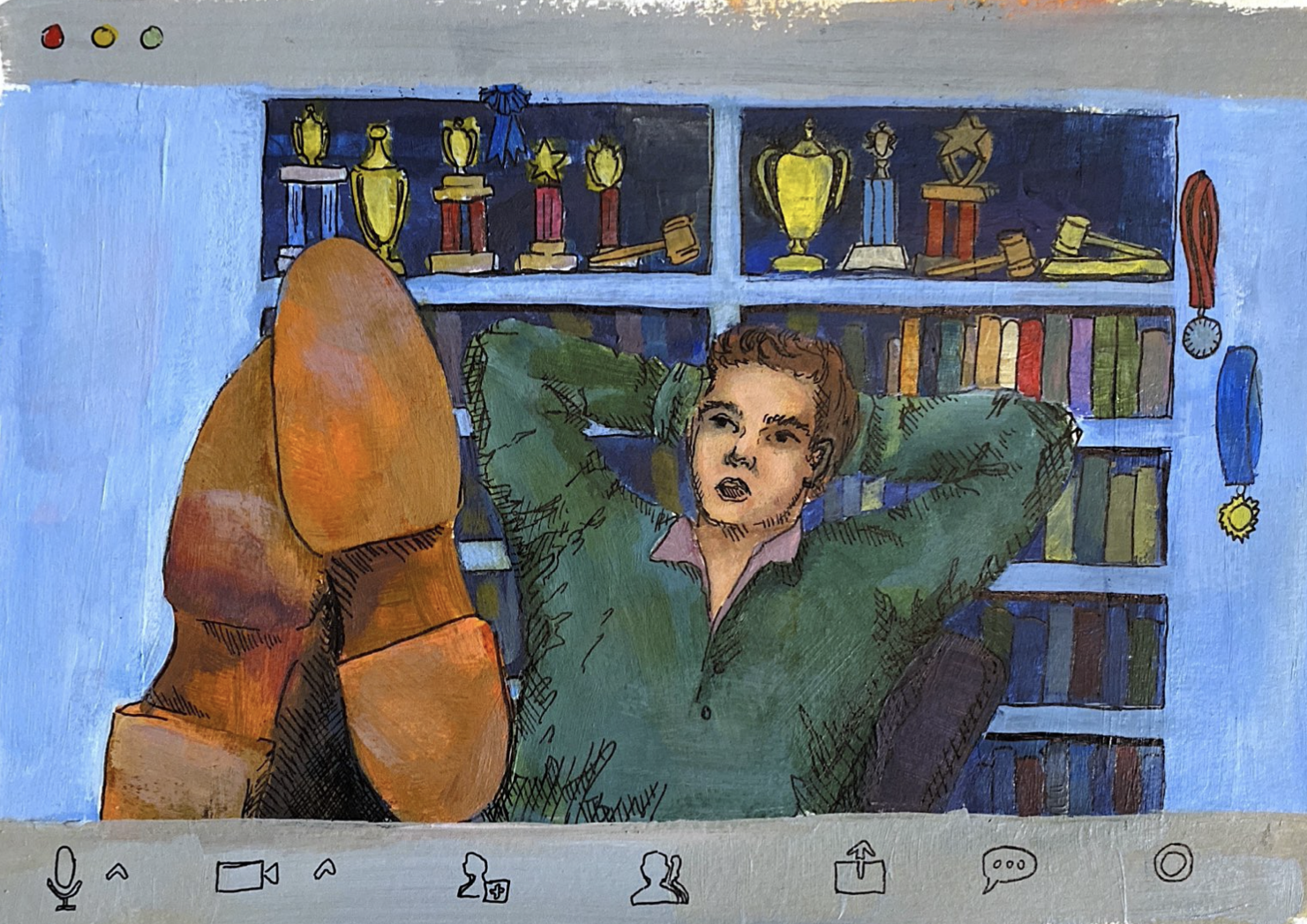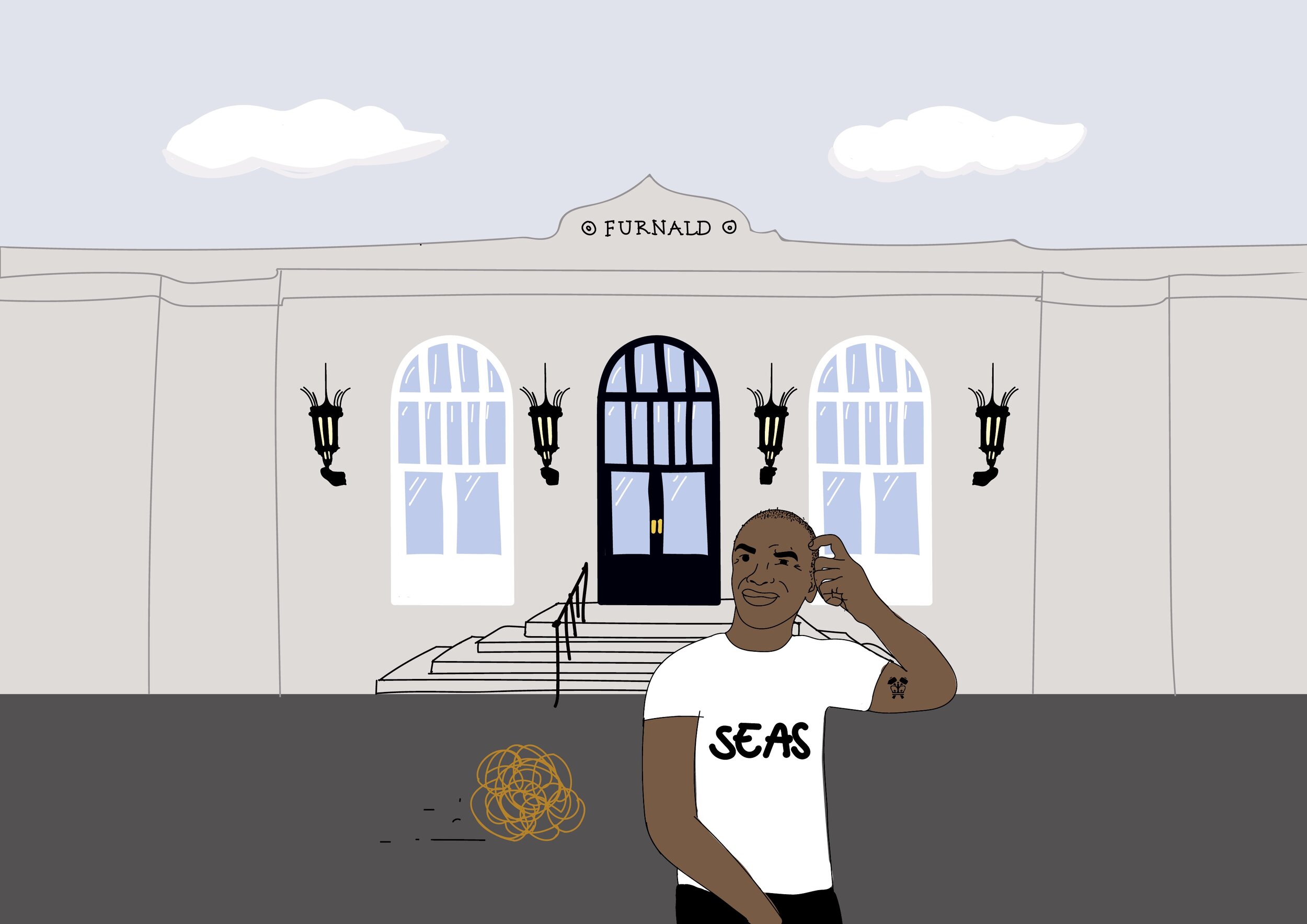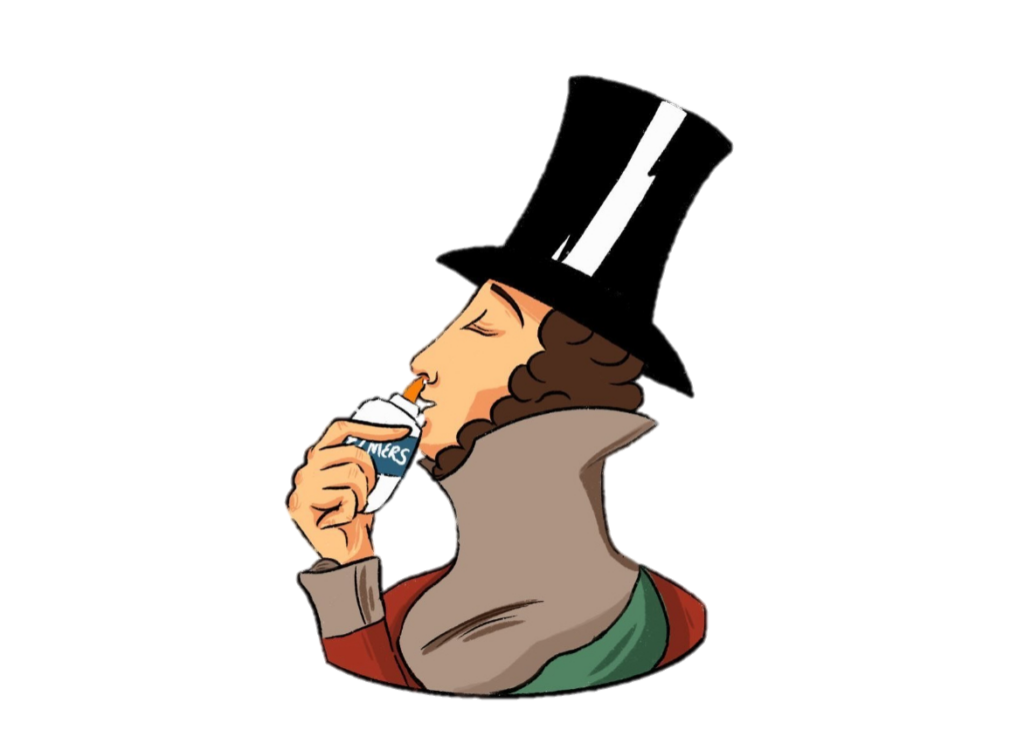Like most contemporary intellectuals, I do most of my opinion forming in coffee shops. On Saturdays, I camp out at Hungarian Pastry Shop with that week’s print edition of the New Yorker in tow. It is a fine use of time, considering a 1987 New Yorker comic conveyed to me, through drawings of cats, the opinion that you don’t need friends to have a good time. Those Saturdays make me realize how many opinions there are to be sourced from the New Yorker, and how little time there is to think critically about them. So instead, I inhale them indiscriminately, like the smoke of Gauloise Cigarettes, which, according to Joseph Schumacher’s 2004 New Yorker essay on the quotidian affairs of some great minds of literature and philosophy, were the preferred cigarettes of 19th-century French intellectuals.
I haven’t always deified the New Yorker. Before I came to the Greatest City in the World (a claim supported by four separate pieces in the last year), I was an ignorant, critically-thinking high school student living just outside Los Angeles. My own move from L.A. to New York resembles the move Cirocco Dunlap described in a February 2016 “Shouts” piece, a piece which helped me conclude that Los Angeles is an uninhabitable wasteland seething with superficial filth. In California, my only news outlets were the Orange County Register and my mom’s old copies of Town and Country Magazine, sources which obviously do not merit dereference, seeing as not a single writer from either publication has ever had a piece published in the New Yorker.
As a result of my limited access to the New Yorker, my opinions, my likes and dislikes, were all grossly inaccurate. My erroneous opinions persisted until I stumbled upon an old copy of the New Yorker in Butler Library. The page was opened to a review of the 2009 film, Avatar, which I mistakenly believed I liked. The scathing review made me realize the first 18-years of my life had been shrouded behind a veil of ignorance. I realized my high opinion of Avatar was simply incorrect—just like my opinions on ricotta cheese, French Onion Dip, Outback Steakhouse, voucher programs, Dartmouth College, the 2008 financial crisis, Gandhi’s passive resistance, and Moleskine notebooks. How disturbing it is to realize what you thought you liked was, in fact, unworthy of being liked! How jarring, to leave the cave and see the sun as it really is, in all of its elitist, prep-school-educated brightness!
People often ask me my stance on the Israel-Palestine conflict, which puts me at a loss for words. It’s not that I haven’t assimilated an opinion on the matter; I’m sure at some point I have. It’s just that I haven’t read any pieces on the conflict lately, so I forgot what exactly I’m supposed to believe.
I wasn’t sold on the Black Lives Matter movement—though I wasn’t not sold on it, either; I just hadn’t come across a piece to help me form an opinion about it. But one fateful day the clouds parted, and God shined through the heavens in the form of a hyper-liberal, very white, freelancing Yale graduate, who told me, in so many words, that BLM was very, very good. Now I believe BLM is very, very good.
As expected, the New Yorker is also my go-to source for humor and wit. Sometimes I’ll read a “Shouts” piece and wonder, “was that funny?” Then I remember that if it is good enough to grace the pages of my New Testament – which updates weekly –, then it must be good enough to warrant a laugh by me. As a result, I laugh heartily.
With regards to science and technology, I have few opinions on those matters. It’s rare that I read a piece about the Silicon Valley that isn’t a take-down of the nefarious tech bro culture, or a eulogy for, and simultaneous evisceration of, Steve Jobs. Indeed, in my computer science courses I usually submit, in place of a programming assignment, a photocopy of Raffi Khatchadourian’s November 2015 essay on the psychology of Elon Musk. Admittedly, my grades in those courses have been abysmal, but I’m not worried; according to think-pieces published in 2007, 2011, and 2014, my grades aren’t a reflection of my self-worth.
Thankfully most upper-middle-class-twenty-something-Brooklynites have pretty similar takes on current events. But if, God forbid, two opinion pieces were to ever conflict, I’d defer to the newest one. I believe it was Ralph Waldo Emerson who said, “a foolish consistency is the hobgoblin of little minds.” I’m not sure what that means, nor am I convinced it’s relevant to the point I’m trying to make. But about a dozen New Yorker essays in the past decade have used it in their introductions, so I’m certain it’s a token of wisdom worth uncritically absorbing into my world view.
My professors have tried, to no avail, to ween me off Condé Nast. “Think for yourself,” my world-renowned professor of Russian Literature said. “I want to know what you think about Crime and Punishment.” To which I replied, “Professor Knapp, as articulated in a 1999 piece analyzing Dostoevsky’s legacy on the 20th century literary tradition, Crime and Punishment cemented psychology’s indelible place in the age old art of characterization. Therefore, I believe Crime and Punishment cemented psychology’s indelible place in the age old art of characterization.”
The impact of the New Yorker on my view of the world cannot be understated. Seinfeld? Overrated, but according to a 2007 piece, also an unrivaled classic. Modern Art? Invaluable, even though the contemptible, state-school-educated masses don’t understand it. My parents? No opinion, but seeing as they’ve never once been mentioned by name in the print edition of the New Yorker, it’s likely they aren’t worth thinking about at all.
That’s not to say its impact is limited to my thoughts. Au contraire: the New Yorker spells out for me exactly how I should behave and what I should desire. My outerwear of choice is the cardigan, and my preferred mode of transport to work is to freelance from home. I speak with Oxford commas, and try to write according to conventions articulated in Victorian Era usage guides. I want to live in Williamsburg in my twenties, TriBeCA in my thirties, and Westchester thereafter, but I wouldn’t be opposed to doing a stint in Park Slope for the sake of acquiring a more diverse perspective.
I refresh the New Yorker website every 10 minutes, eager to see how my character will change with each new book review or analysis of current events. Which political leader will I liken to Stalin next? Which play that I haven’t seen will I rave about to anyone who’s listening? But perhaps the most important question: Doth my pretense know no bounds? The New Yorker, and therefore, I, think not.

